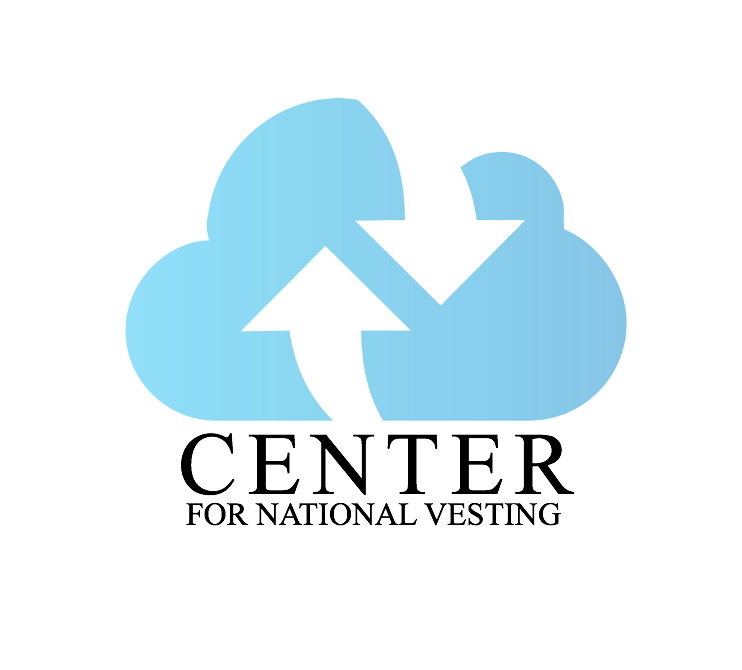American Families Plan promises improvements to higher education, but vested economics is the real solution
The American Families Plan outlined by President Joe Biden on April 28 has been called a “game-changer” for community colleges and historically black colleges and universities. A story in Inside Higher Ed described the plan as “a grab bag of opportunities for open-access institutions.”
A fact sheet released by the White House says the education plan calls for $109 billion for two years of free community college “so that every student has the ability to obtain a degree or certificate.” Biden is also calling for an over $80 billion investment in Pell Grants, which would help students seeking a certificate or a two- or four-year degree.
“Recognizing that access to postsecondary education is not enough, the American Families Plan includes $62 billion to invest in evidence-based strategies to strengthen completion and retention rates at community colleges and institutions that serve students from our most disadvantaged communities,” the White House said.
Without a doubt, this is all very encouraging news. But there is no guarantee that his plan will be implemented, what with inevitable wrangling over details and the potential of it being held up in Congress. But we can’t afford to do nothing. Americans are increasingly frustrated over sky-rocketing tuition costs, which are leading to huge student debt for millions of students.
The average student loan debt topped $37,500 in 2020, according to Investopedia. And they owe nearly $1.6 trillion, according to the Federal Reserve Bank of New York.
So, what’s the solution?
At the Center for National Vesting, we believe universal education doesn’t have to be a pipe dream. Nor do we have to raise taxes to fund universal education. Robert Whitehair, founder of the Center for National Vesting, has found, through his mathematical formulas, what he calls “a market surplus that now exceeds $15 trillion per year.”
All we need to do is equitably apply the market surplus every American produces and distribute it back to them. In short, national vesting is the future of our country.
Vested economics will enable our country to erase roughly $1 trillion in college debt without raising taxes on anyone.
Now that’s a real plan for American families that we can all get behind.

